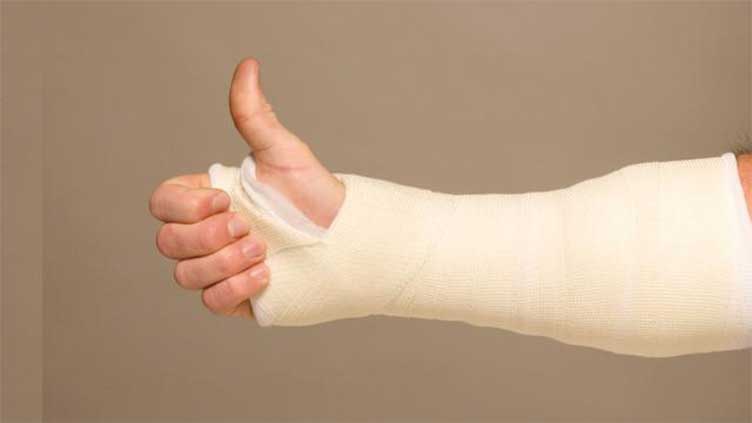Bone healing hormone discovered in breastfeeding women

CCN3 could possibly assist in bone healing
(Web Desk) - The new study sought to solve the mystery of how women’s bones remain unaffected even though they lose calcium to produce milk.
Researchers from the University of California at San Francisco (UCSF) and UC Davis discovered a hormone that keeps breastfeeding women’s bones strong, and it could help heal fractures, too.
The new study sought to solve the mystery of how women’s bones remain unaffected even though they lose calcium to produce milk.
Though estrogen levels are low, “osteoporosis and bone fractures are much rarer,” as per a press release, suggesting that something other than estrogen is at play.
And they found it: a new hormone named CCN3.
THE SEARCH FOR CCN3
Previously, senior author Dr. Holly Ingraham and collaborators, in studying female mice, blocked an estrogen receptor in neurons in a small area of the brain, and their bone mass increased.
They thought that strong bones were linked to a hormone in the blood, but they couldn’t find it.
After an “exhaustive search,” they finally identified CCN3, a hormone that behaved differently than others that neurons secrete.
“The notion that a hormone can be secreted directly from the brain is a new concept in the field of endocrinology. Our findings leave us wondering if other hormones are secreted from the so-called ‘windows of the brain’ in response to changing physiological demands, such as lactation.”
As per the press release, they were able to locate CCN3 in the same brain region in lactating female mice, but not the receptor, as of yet.
In the absence of this hormone, lactating female mice lost bone mass, and the babies lost weight as well. This confirmed how vital this hormone is, so they named it the Maternal Brain Hormone (MBH).
In increasing the levels of CCN3 in female and male mice, their bone mass and strength improved in weeks, and dramatically. Remarkably, CCN3 doubled the amount of bone mass in very old female mice and those lacking estrogen.
Further testing proved just how strong the bones were.
Dr Thomas Ambrosi, a project collaborator, went on to say that highly mineralized bones aren’t always better as they can become weaker and break more easily.
However, “when we tested these bones, they turned out to be much stronger than usual.”
When he examined the stem cells in the bones, responsible for regeneration, he found that when exposed to CCN3, they supported the production of new bone cells. Thus, they concluded that CCN3 could possibly assist in bone healing.


